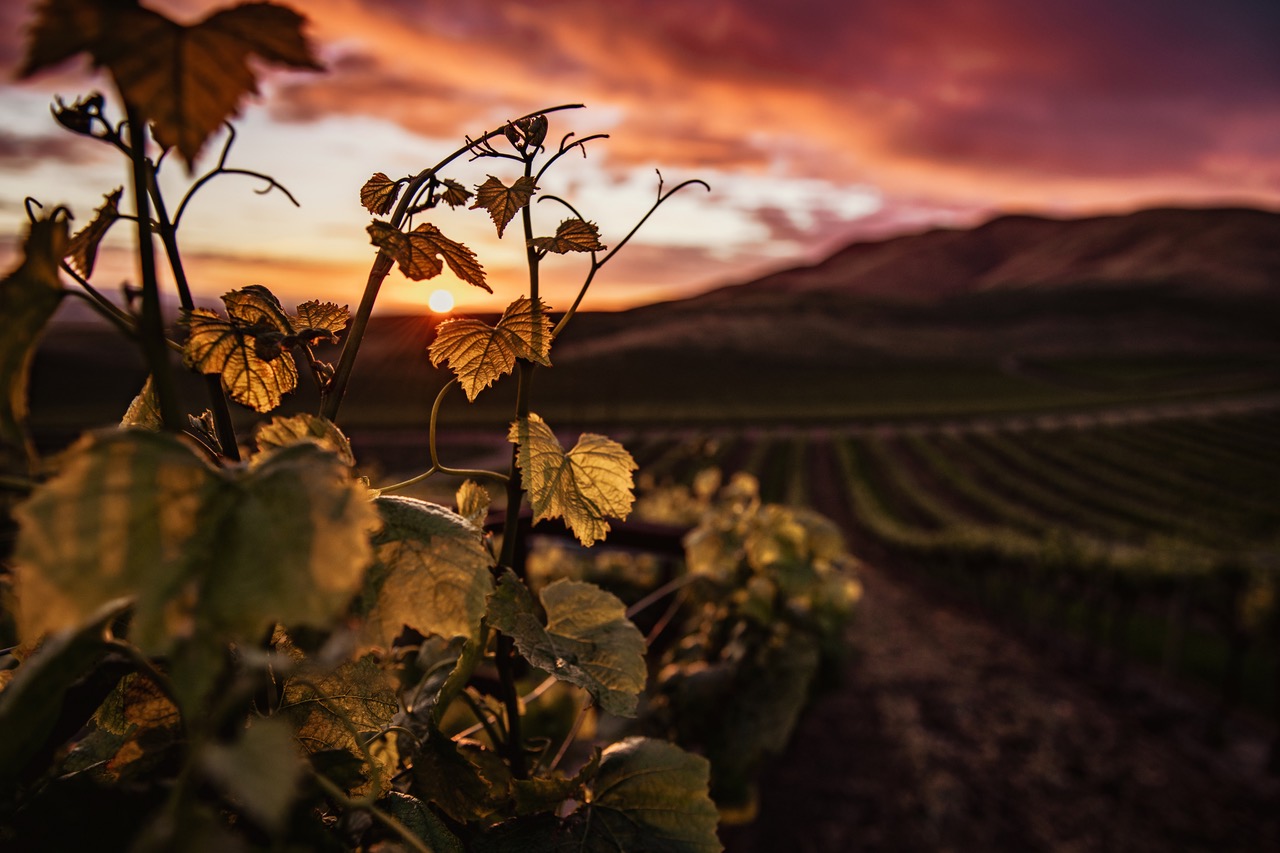VITICULTURE AND SUSTAINABILITY
At Vale da Veiga we assume environmental responsibility based on minimum soil disturbance to preserve the ecosystem’s biodiversity.
In Integrated Agricultural Production, it is essential to preserve andimprove soil fertility and biodiversity and observe ethical and socialcriteria.
Our sustainability commitment is to practice sustainable agriculture to maintain a well-balanced ecosystem and improve the environment for future generations.
For sustainable viticulture, we work in collaboration with the ecosystem. To have good quality grapes suitable for producing the best wines, we need to have the ecosystem in biological balance. Men, plants, and animals must occupy their ecological niches and perform their functions in the ecosystem.
Only in this way can responsible and sustainable viticulture be achieved.
GREENING environmental certification
According to the IOBC (International Organisation for Biological and Integrated Control), “integrated production is an agricultural system of producing high-quality food and other products using resources and natural regulatory mechanisms, replacing environmentally harmful inputs to ensure long-term viable agriculture”. In short, it is a means of sustainable agriculture.
We practice sustainable viticulture and agriculture with minimal use of chemicals, treating the land withrespect it deserves.
The methods of integrated production agriculture are similar to themethods used in biological agriculture.
In Integrated Production, agricultural activities area whole, where it is essential to preserve and improve soil fertility, biodiversity and observe ethical and social criteria.
Planning is the basis of integrated agricultural production.

Each plot of vines (or other crops) has its production plan, which focuses on soil conservation, biodiversity, plant nutrition and protection against the vine’s enemies, with all these factors interconnected.
We only use organic and mineral fertilisers and “good” insects and live organisms for pest control. Plant protection products are used only in “emergency cases” when approved for integrated agricultural production and in the maximum quantities determined by legal regulations.
Integrated Agricultural Production System
Agricultural practices beneficial for the climate and the environment
This Environmental Certification System obliges us to comply with three agricultural practices on our properties that are beneficial for the climate and the environment:
- Crop diversification
- Maintaining permanent grassland
- Maintaining an area of ecological interest
Control and certification
To guarantee that Integrated Agricultural Production rules and principles comply with the established regulations, we have internal control systems and external certification by a recognised control and certification institution.
Environmental commitment
Agriculture is the balance of the natural heritage
At Vale da Veiga, we are deeply aware of the need to use integratedand sustainable agricultural practices to maintain our products’ highquality and ensure a project with a future for the new generations.




 Português
Português